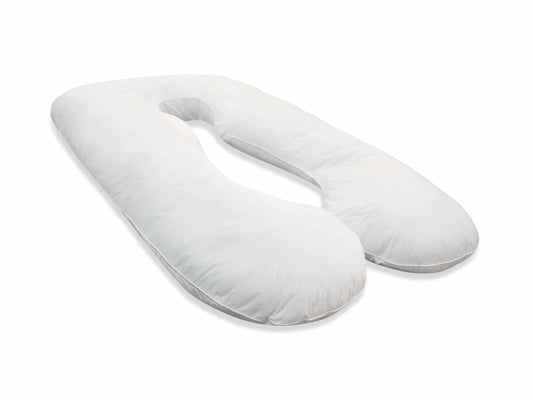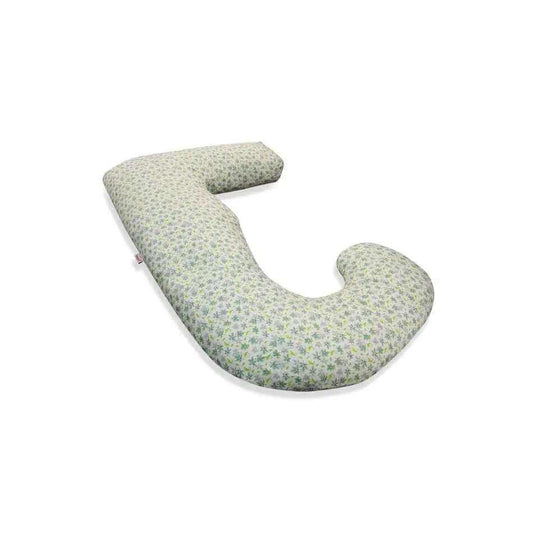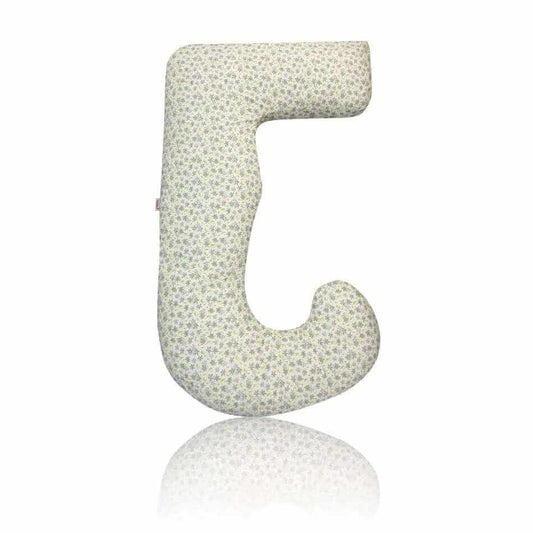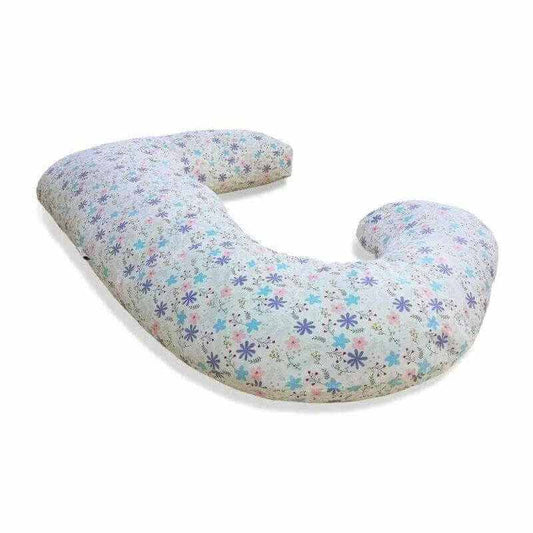Psychological Impact: Navigating the Emotional Challenges of Chronic Back Pain
Aside from the physical discomfort and limitations, chronic back pain can also have a profound psychological impact. Individuals dealing with persistent pain often experience increased levels of stress, anxiety, and even depression. This psychological burden can create a vicious cycle where the emotional distress exacerbates the perception of pain, leading to reduced quality of life.
Managing Chronic Back Pain - Credit Getty Images / Science Alert
The Broad Impact of Chronic Back Pain
Chronic back pain reaches far beyond mere physical symptoms; it deeply affects emotional well-being and the overall quality of daily living. Those enduring this persistent pain frequently encounter considerable emotional challenges that can significantly disrupt their mental health. Common psychological repercussions include heightened stress levels, pervasive anxiety, and deepening depression. These emotional states are not only distressing in their own right but can also amplify the physical sensation of pain. This interplay between mind and body fosters a destructive cycle where psychological distress intensifies physical pain, which in turn, leads to further emotional turmoil.
The impact of this cycle can extend to various aspects of life, affecting personal relationships, work productivity, and social interactions. The constant burden of pain can lead to irritability and withdrawal, straining relationships with family and friends. At work, decreased concentration and frequent absences can jeopardize professional performance and advancement. Socially, individuals with chronic back pain might avoid activities they once enjoyed, leading to isolation and a diminished sense of community and support.
Moreover, the chronic nature of the pain often leads to a feeling of hopelessness or helplessness, as individuals struggle to find effective management strategies or fear that their condition will never improve. This can culminate in a significant decrease in life satisfaction, where individuals feel unable to engage fully in their lives or plan for the future.
Understanding and addressing both the physical and psychological impacts of chronic back pain are critical for effective treatment. Holistic approaches that treat the mind and body can help break the cycle of pain and psychological distress, offering pathways to recovery that restore function and improve quality of life.
Psychological Strategies for Managing Chronic Back Pain
Addressing the psychological impact of chronic back pain is crucial for a complete recovery. Activities that promote mental health, such as mindfulness meditation, guided imagery, and cognitive-behavioral therapy (CBT), can effectively complement the physical support provided by body pillows. These strategies help reframe the perception of pain, offering techniques to cope with the stress and anxiety that frequently accompany chronic conditions.
For instance, CBT works to modify pain-related thoughts that worsen psychological distress, promoting a healthier approach to managing discomfort. Mindfulness meditation increases awareness of the body and mind, allowing individuals to observe their sensations and emotions without judgment, thereby detaching from the psychological grip of pain.
By combining physical comfort from body pillows with these mental health practices, individuals can significantly enhance their quality of life. This holistic approach not only reduces pain intensity but also empowers sufferers to regain control over their lives, underscoring the interconnectedness of mind and body in managing chronic back pain. This journey to recovery addresses the multifaceted nature of chronic pain, aiming for well-being across all aspects of life.
Exploring Alternative Therapies
While body pillows have shown great promise in managing back pain, it's worth exploring other alternative therapies that can complement their effectiveness. Techniques such as acupuncture, chiropractic adjustments, and massage therapy have gained popularity for their potential in alleviating pain and improving spinal alignment.
Acupuncture involves the insertion of thin needles into specific points on the body to stimulate energy flow and promote healing. Chiropractic adjustments focus on aligning the spine to relieve pressure on nerves and promote overall well-being. Massage therapy targets muscles and soft tissues to improve circulation, reduce muscle tension, and enhance relaxation.
When combined with the benefits of body pillows, these alternative therapies can provide a more holistic approach to managing back pain and discomfort. Consulting with healthcare professionals and exploring a variety of options can help individuals create a personalized pain management plan that suits their unique needs.
Holistic Pain Management with Body Pillows
Incorporating body pillows into a pain management strategy offers benefits for both the body and mind. The ergonomic support from body pillows helps maintain proper spinal alignment during sleep, easing physical discomfort and promoting deeper, more restorative sleep. This not only helps manage the pain more effectively but also enhances overall sleep quality, which is crucial for physical and mental recovery.
The soft, supportive embrace of a body pillow can also soothe the nervous system, reduce stress levels, and foster a more positive mental state. As a result, individuals often experience an uplift in mood and psychological well-being as their sleep improves and pain diminishes. This comprehensive approach makes body pillows an invaluable tool in the recovery process, transforming a night's rest into a therapeutic retreat.
Embracing a Healthy Lifestyle
In addition to using body pillows and exploring alternative therapies, adopting a healthy lifestyle can significantly contribute to managing back pain and discomfort. Maintaining a balanced diet, staying hydrated, and engaging in regular physical activity can all play a role in supporting spinal health.
Excess weight can place additional strain on the spine, exacerbating back pain. By adopting a healthy eating plan and incorporating regular exercise, individuals can manage their weight and reduce the burden on their back. Exercises that focus on core strength and flexibility, such as Pilates or yoga, can be particularly beneficial for maintaining a strong and stable spine.
Furthermore, staying hydrated ensures that spinal discs remain adequately hydrated, maintaining their ability to absorb shock and provide cushioning between vertebrae. Adequate hydration also supports overall bodily functions, including the healing process of injured tissues.
Incorporating Mindfulness and Relaxation Techniques
Mindfulness and relaxation techniques can enhance the effects of body pillows and promote overall pain relief. Practices such as deep breathing, meditation, and progressive muscle relaxation can help reduce muscle tension, lower stress levels, and improve sleep quality.
Deep breathing exercises encourage relaxation by activating the body's parasympathetic nervous system, which promotes a state of rest and recovery. Meditation and mindfulness practices can redirect the focus away from pain, allowing individuals to cultivate a sense of calm and acceptance.
Progressive muscle relaxation involves tensing and then releasing different muscle groups, promoting physical relaxation and helping individuals become more attuned to their body's signals. When combined with the support of body pillows, these relaxation techniques can create a soothing bedtime routine that encourages a more peaceful night's sleep.
In Conclusion
Managing back pain and discomfort is a multifaceted journey that requires a combination of approaches. While body pillows play a significant role in promoting proper spinal alignment, targeted support, and overall comfort, they are most effective when integrated into a comprehensive pain management strategy.
By acknowledging the psychological impact of chronic pain, exploring alternative therapies, embracing a healthy lifestyle, and incorporating mindfulness and relaxation techniques, individuals can create a holistic approach to managing back pain. It's important to remember that each person's journey to pain relief is unique, and consulting with healthcare professionals can provide tailored guidance and recommendations.
Ultimately, the use of body pillows, along with a balanced and individualized approach, can lead to improved well-being, better sleep quality, and enhanced overall comfort. As you navigate the path to managing back pain, remember that taking proactive steps can make a significant difference in your quality of life.
Further Reading and Where to Buy
- The Role of Body Pillows in Managing Back Pain and Discomfort
- Ease Pain with a pregnancy Pillow: Back & Hip Relief
- Body Pillows and Fibromyalgia: Enhancing Comfort and Support for a Better Sleep
- See our recommended Body Pillows to buy here!
Blog Post by Sanggol Blogs | Sanggolcomfort.com. Sanggol are manufacturers and retailers of Sanggol U Body Pillows | U Pregnancy Pillows, J Pregnancy Body Pillows and C shaped Body Pillow | Nursing Pillow.












